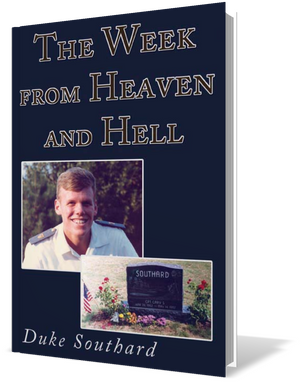Robert Frost’s powerful poem, Out, Out, use a narrative style to tell the tragic story of a young boy who suffers a horrible farmyard accident as he is cutting wood. When the boy dies as a result of the accident, Frost ends the poem with a telling commentary on humanity. The family accepts the boy’s death (“nothing to build on there”) and in what is a cold, but almost heartless reality, the last two lines of the poem provide a crushing apathy.
“And they, since they were not the one dead,
turned to their affairs.”
I believe the reality is that human beings are made to move beyond tragedy. Without that innate ability, we would all be paralyzed since everyone will experience devastating personal tragedy. However, to “turn to our affairs” does not mean to forget.
Stacey Burns suffered an unspeakable fate. Those she left behind must, of necessity, move on. Equally as necessary is the need to remember, to stay purpose-driven and to be certain our affairs include keeping the pressure on to solve this crime. The family in Frost’s poem could do nothing about the boy’s accident. That is not the case with the murder of Stacey Burns.
Duke

